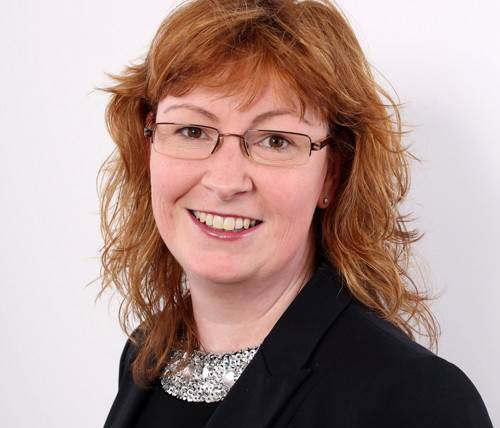The UK is a nation of business owners. Across the nation, there are now more than four million people who work for themselves.
While this figure has dropped following the pandemic, with thousands preferring the security of a regular income, that remains a significant portion of the population who are their own boss.
It can be an incredibly rewarding way of working – the ability to be a little more selective about the hours you work and the projects you take on can mean a better work/life balance.
Yet there can be serious financial challenges involved too, particularly for those running smaller businesses.
Late payments, for example, are a particular problem – a report last month from Dun and Bradstreet suggested that the amount owed to SMEs in late payments has doubled since 2019 to an average of £147,000.
As a result, cashflow is king for small businesses and those running them, not only when it comes to their regular business expenses but also when they look to take out a mortgage.
What will it cost?
Finding a mortgage for a self-employed borrower can be less than straightforward.
The reality is that not all lenders are particularly open minded about operating in this area of the market, and so may be more cautious than usual when it comes to assessing things like affordability.
They recognise, just as the borrower does, that cashflow is absolutely crucial.
Because of this increased emphasis on cashflow from lender and borrower alike, it can be useful for brokers to adapt the way they operate, particularly when it comes to conveyancing.
With a regular client, you might wait until the case has progressed somewhat before touching on conveyancing. For example, it may be that the client has already got an agreement in principle in place, or perhaps even had their mortgage offer approved, before you run through their conveyancing options and the costs involved.
However, with self-employed clients it can make sense to arrange a conveyancing quote at the outset, from the very first conversation around the costs of a mortgage.
Self-employed borrowers do not have the luxury of certainty around their incomes each month – depending on the industry, it can fluctuate sharply.
By ensuring that self-employed clients are fully informed from the earliest stages of a potential application, brokers can help them get their finances in order.
Through having the full picture, they can be clear about exactly what the mortgage is going to cost, and not find that any additional costs involved with a purchase, like the legal fees, come as an unpleasant and potentially financially punishing surprise.
No two clients are the same
Mortgage brokers know only too well how varied the job of an adviser is. On any given day they can work with a wide range of different sorts of clients.
From first-time buyers looking to get onto the housing ladder and families remortgaging to landlords looking to add to their portfolio or developers hoping to add to the nation’s housing stock, no two clients are ever the same.
Each of those different client groups require their own form of advice and guidance from a broker – you would not run through the mortgage options for an experienced landlord in the same way as a nervous first-time buyer, for example.
As a result, brokers have to be adaptable, recognising the challenge ahead and how best to serve that particular client.
Similarly, they need to work with partners who are also adaptable, and who can deliver what’s required for a wide range of different types of clients.
It’s something we take seriously at eConveyancer, having built a comprehensive panel of conveyancers with specialisms in every area of the market.
Just as the advice process changes depending on the client, so too will the legal work involved.
Opting for a ‘jack of all trades’ conveyancer may be OK with a vanilla case, but if there is any complexity it can result in expensive mistakes and delays.
The self-employed market may have shrunk a little over the last couple of years, but it remains an extremely important subset of borrowers.
Across the industry it is vital that we understand the unique challenges they face, and deliver the advice and service self-employed borrowers need, so that their home ownership dreams can become a reality.
Karen Rodrigues is director of sales at eConveyancer



